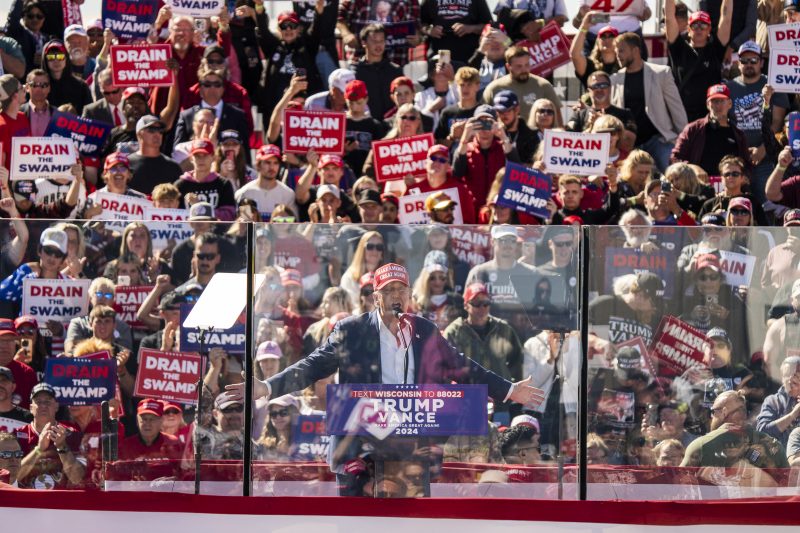In the wake of recent reports of potential Russian interference in the upcoming presidential election, President Donald Trump has once again dismissed these warnings, downplaying both the credibility of the intelligence community and the severity of the threat posed by foreign actors.
Critics have been vocal in their criticism of the President’s response to these warnings, citing his reluctance to acknowledge the possibility of interference as a potential vulnerability to the integrity of the democratic process. The concern is that without a proactive and decisive response from the administration, foreign entities could exploit weaknesses in the system to undermine the outcome of the election.
Despite these concerns, Trump has maintained his stance, often attributing reports of interference to a politically motivated effort to delegitimize his administration. By framing the issue in this way, the President seeks to cast doubt on the underlying credibility of the claims and highlight what he perceives as a larger agenda to undermine his leadership.
The contrasting viewpoints on the matter underscore a broader debate surrounding national security, electoral integrity, and the role of foreign influence in domestic affairs. The notion of safeguarding the democratic process from external manipulation is a shared concern across the political spectrum, yet the approach to addressing this issue remains highly polarized.
Calls for a unified response to the threat of interference have been echoed by many within the intelligence community, who emphasize the need for a coordinated effort to protect the integrity of the electoral process. By fostering a collaborative approach that transcends political divisions, experts argue that the U.S. can better safeguard against external threats and uphold the principles of democratic governance.
As the nation approaches a pivotal election, the need for a comprehensive strategy to address the risk of foreign interference has never been more pressing. The ability to safeguard the democratic process from external manipulation requires a collective commitment to upholding the sanctity of free and fair elections, irrespective of political affiliations or ideologies.
In the face of mounting concerns over Russian interference, the challenge remains to bridge the gap between political rhetoric and actionable measures to strengthen electoral security. With the eyes of the world on the U.S., the nation stands at a critical juncture in its democratic journey, where the resilience of its institutions and the commitment to electoral integrity will be paramount in shaping the future of democracy.

